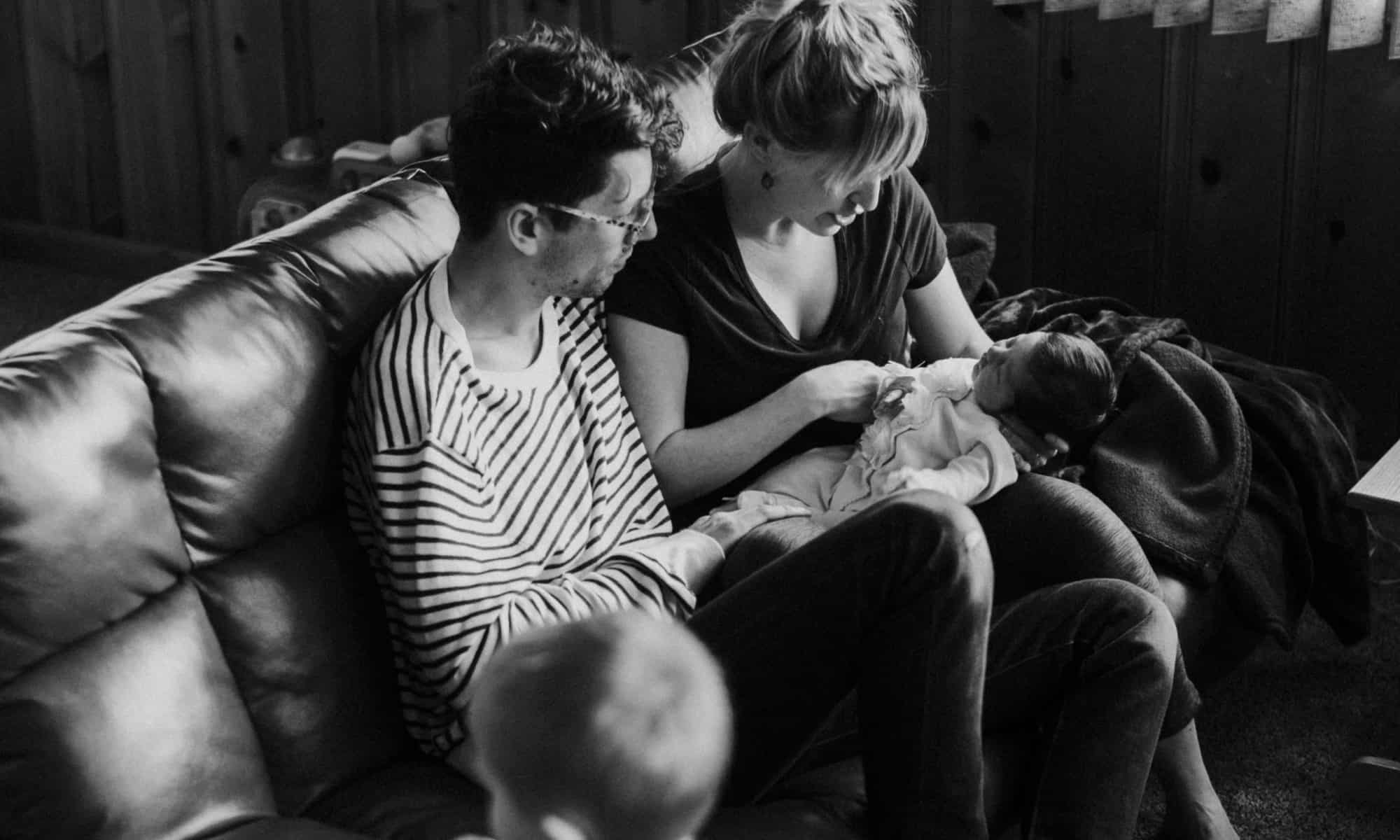Riga City Council started providing remote psycho-emotional support to families and teachers for the first time during the COVID-19 pandemic, to try to mitigate some of the effects of additional stressors. They tell us about their experience.
The COVID-19 pandemic has brought about change and required restructuring of daily life. While rules and restrictions help contain the pandemic, they also affect mental and psycho-emotional health. Misunderstandings about the situation can aggravate stress, resulting in confusion and perhaps unpredictable and unwise actions, such as seeking escape in alcohol or substance use. During this time, institutions at all levels need to work together to help society as much as possible, especially those that are not used to seeking professional help.
Support to families offered by the Municipality of Riga, Latvia
We consider the most relevant and urgent psyco-social issues to address during this time are computer addiction, interpersonal relationships, conflict resolution, lacking motivation to learn, anger, irritability, exhaustion, and feelings of helplessness. Time management is also a topical issue for families, as opportunities to spend time away from home are limited. Difficulties are noted not only in families that were already dealing with problems before the COVID-19 pandemic. Additional psycho-emotional support is also needed for families that did not experience issues before.
To provide support to the population during the COVID-19 emergency, when the availability of services is limited, public health specialists of the Welfare Department at the Riga City Council have started providing remote psycho-emotional support and free consultations to school children, teachers and parents. This is a unique and new experience in the city.
Business as (un)usual
The various municipal institutions that support health and wellbeing in children and young people continue to work together in Riga during the COVID-19 pandemic. They have resorted to remote meetings to discuss problem situations, identify resources and strategies to tackle issues, and to determine the way forward. If necessary, specialists from other fields are invited to help solve issues or to provide consultations and psycho-emotional support to families. These meetings are led by the families’ main contact point, who continuously informs the parents and children of any decisions made.
Support is not only offered to young people and children. Parents too are offered assistance in these difficult times to support their wellbeing and ensure cooperation for the wellbeing of the child. During consultations, difficulties experienced by parents, such as troubles combining different roles, a high workload, financial considerations, health problems, and available solutions and coping strategies are discussed.
Offering additional support for confinement-related difficulties
Individual cases demonstrate that in a crisis situation, previously unresolved and latent interpersonal problems become more prominent because of challenges posed by limited personal space and time. For example, it can be challenging organising daily school and work commitments of family members who need to work in the same room and the extra burden put on parents to teach children during working hours. The crisis also exacerbates existing problems, such as conflicts between parents and excessive or inappropriate alcohol use, while children might find solace in computer games as they try to distance themselves from tense situations at home. Such difficulties in the family can create a vicious circle of growing tension in family relationships.
Specifically aimed at supporting young people, the municipality of Riga has set up a special e-mail account to which young people can send anonymous questions about topics of interest to them, such as addiction and relationships.
We have also noted that, during the COVID-19 pandemic, use of alcohol and other addictive substances has increased. The closure of casinos and gaming halls has pushed people to online gambling environments and to purchase alcoholic beverages on the internet, something that was not possible before. This shift has led to serious cases of gambling and alcohol addiction in both adults and children. Consequently, the municipality of Riga decided to start offering remote consultations and online counselling on addictions with addiction prevention specialists, as well as provide consultations for co-addicts, people who are in addictive relationships with addicts.
This time of crisis has highlighted the need for the public sector to change and adapt by creating new solutions and approaches to public health promotion and prevention of diseases. It requires non-standard solutions to take care of public health and safety. By working together, these solutions can be found. In Riga, public health professionals adapt to new challenges and create solutions that work now and in the long term.

Municipality of Riga
This article was written by the Riga City Council Welfare Department Public Health Promotion and Prevention division specialists.
